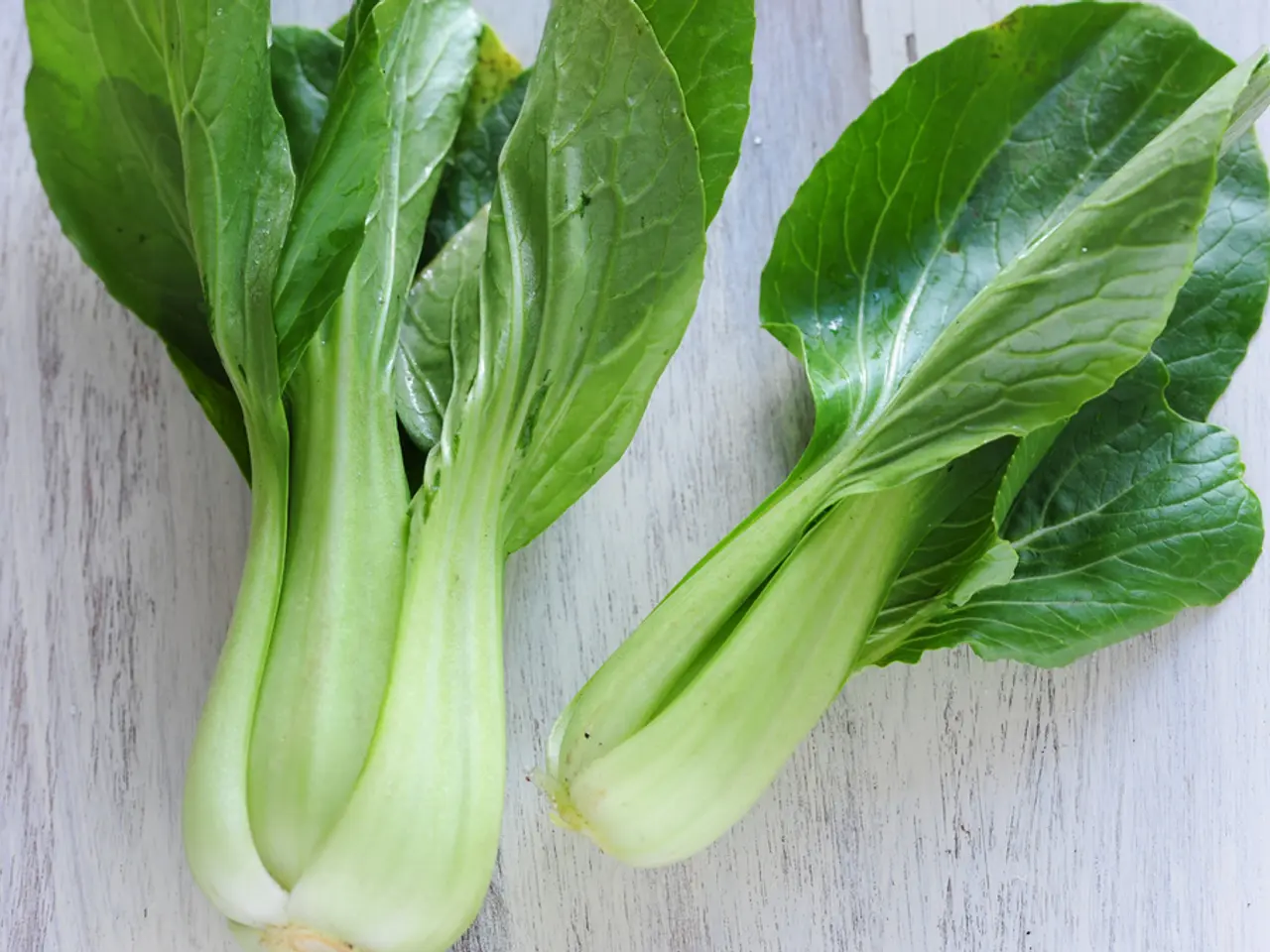Preventing Deadly Arterial Disease in Women Through the Use of Specific Vitamins
Consuming an extra cup of leafy greens and cruciferous vegetables daily can significantly benefit heart and blood vessel health, particularly in older women, according to a recent study.
Key points from the research are:
- Leafy greens and cruciferous vegetables, such as spinach, kale, broccoli, cauliflower, and cabbage, are rich in Vitamin K1. This vitamin plays a crucial role in preventing vascular calcification, a process that contributes to hardening and blockage of arteries linked to cardiovascular disease.
- Eating about 1.5 cups daily of these vegetables is associated with a lower risk of coronary heart disease by approximately 17%. This is likely due to their nutrient content, including vitamins, fiber, and antioxidants that support heart health.
- These vegetables provide fiber, which helps lower cholesterol and blood pressure, thereby protecting the cardiovascular system from strain and damage.
- Beyond cardiovascular benefits, cruciferous vegetables also supply choline, an essential micronutrient linked to improved cognitive function and may reduce dementia risk in older adults, particularly noted in women.
- Cruciferous vegetables like cauliflower also provide antioxidants and vitamin C, which support immune function and overall vascular health, though in some cases they may cause digestive discomfort due to fiber content.
The study, conducted at Australia's Edith Cowan University, involved 1,436 women, with an average age of 75 years. The participants' vitamin K1 levels were assessed at the start of the study using a food questionnaire. The researchers followed the participants for 14.5 years using hospital and death records.
Women who consumed more vitamin K1 had thinner carotid artery walls, indicating less early-stage atherosclerosis. However, the study did not provide cause-and-effect proof but offered enough evidence to suggest that changing diet could benefit health, particularly in relation to what we eat.
Interestingly, a cup of raw kale provides 472mcg of K1, half a cup of cooked Brussels sprouts contains 109mcg, half a cup of cooked broccoli provides 110mcg, and a cup of raw spinach offers 145mcg of K1. Half a cup of cooked cabbage provides 82mcg of K1.
It's worth noting that in Australia and New Zealand, the recommended daily intake of K1 for females is only 60mcg, while in the U.S., the recommended daily intake of K1 for adult females is only 90mcg. This study suggests that consuming an additional cup of leafy greens and cruciferous vegetables daily could have health benefits.
However, the study did not discuss the impact of vitamin K2 on heart health in detail. Further research is needed to understand the role of vitamin K2 in maintaining heart health.
In summary, increasing intake by an extra cup daily of leafy greens and cruciferous vegetables can reduce arterial blockages and vascular calcification, lower cholesterol and blood pressure, and promote better heart and blood vessel health in older women. This dietary adjustment is supported by research published in nutrition and cardiovascular journals and aligns with expert dietary recommendations to prevent heart disease and related vascular conditions.
- Leafy greens and cruciferous vegetables, rich in Vitamin K1, can potentially lower the risk of coronary heart disease by 17%, according to a recent study, given their nutrient content that supports heart health.
- The study conducted at Australia's Edith Cowan University found that women who consumed more vitamin K1 from these vegetables showed signs of less early-stage atherosclerosis, indicating potential benefits for heart and cardiovascular health.
- Apart from cardiovascular benefits, consuming these vegetables can provide essential micronutrients like choline, which may improve cognitive function and potentially reduce dementia risk in older adults, particularly women.
- The study did not delve deeply into the role of vitamin K2 in maintaining heart health, suggesting a need for further research to better understand its impact.




